This week the 3rd Annual Meeting of the Global Consortium for Public Health (GCPHR) takes place at the University of Huddersfield on June 25th-26th. GCPHR 2025 was attended by people involved in global health research from the UK, India, Nepal, Qatar, and Ghana. Building on the success of the 2023 inaugural two-day meeting and the second annual event in 2024, the 2025 meeting brought together a diverse community of health researchers, practitioners, policy-makers and global health leaders. This initiative has as its main aim to facilitate the exchange of knowledge, promote innovation, and strengthen international collaboration.
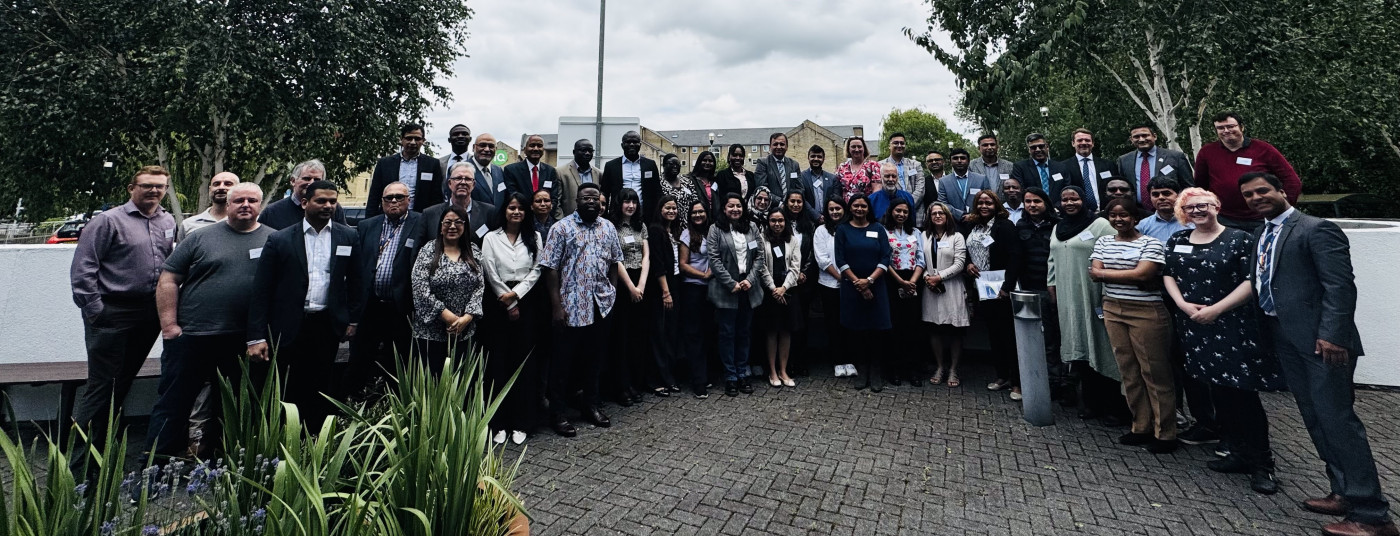 Bournemouth University academics have been involved since GCPHR’s inception, and this year Prof. Edwin van Teijlingen from the Centre for Midwifery & Women’s Health (CMWH) contributed to a panel discussion on ‘Innovating Tomorrow: National and Global Research in the Age of AI’. He presented around the pros and cons of Interdisciplinary Research in Global Health. Together with colleagues Edwin has published several papers on interdisciplinary research [1-3] and collaborative writing of research output with a range of colleagues from different disciplines [4-5].
Bournemouth University academics have been involved since GCPHR’s inception, and this year Prof. Edwin van Teijlingen from the Centre for Midwifery & Women’s Health (CMWH) contributed to a panel discussion on ‘Innovating Tomorrow: National and Global Research in the Age of AI’. He presented around the pros and cons of Interdisciplinary Research in Global Health. Together with colleagues Edwin has published several papers on interdisciplinary research [1-3] and collaborative writing of research output with a range of colleagues from different disciplines [4-5].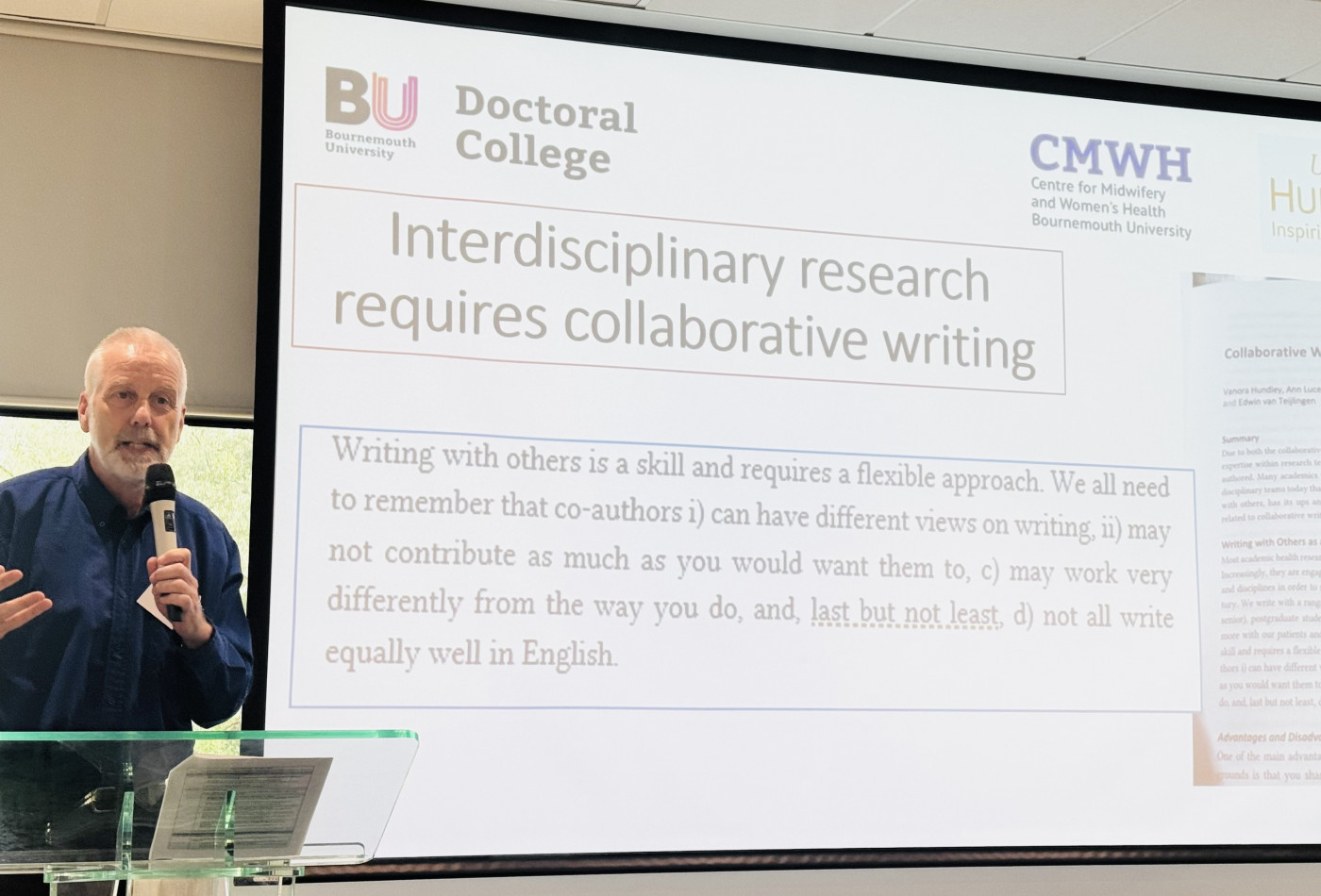
Prof. Padam Simkhada from the University of Huddersfield (and Visiting Faculty in BU’s Faculty of Health & Social Sciences outlined the recently awarded British Academy grant on ‘Evidence-based Policy-Making in Nepal’. The latter project, which includes BU’s Dr. Pramod Regmi as co-investigator, also has policy-makers in Nepal as collaborators, giving it great potential to become a REF Impact Case-Study.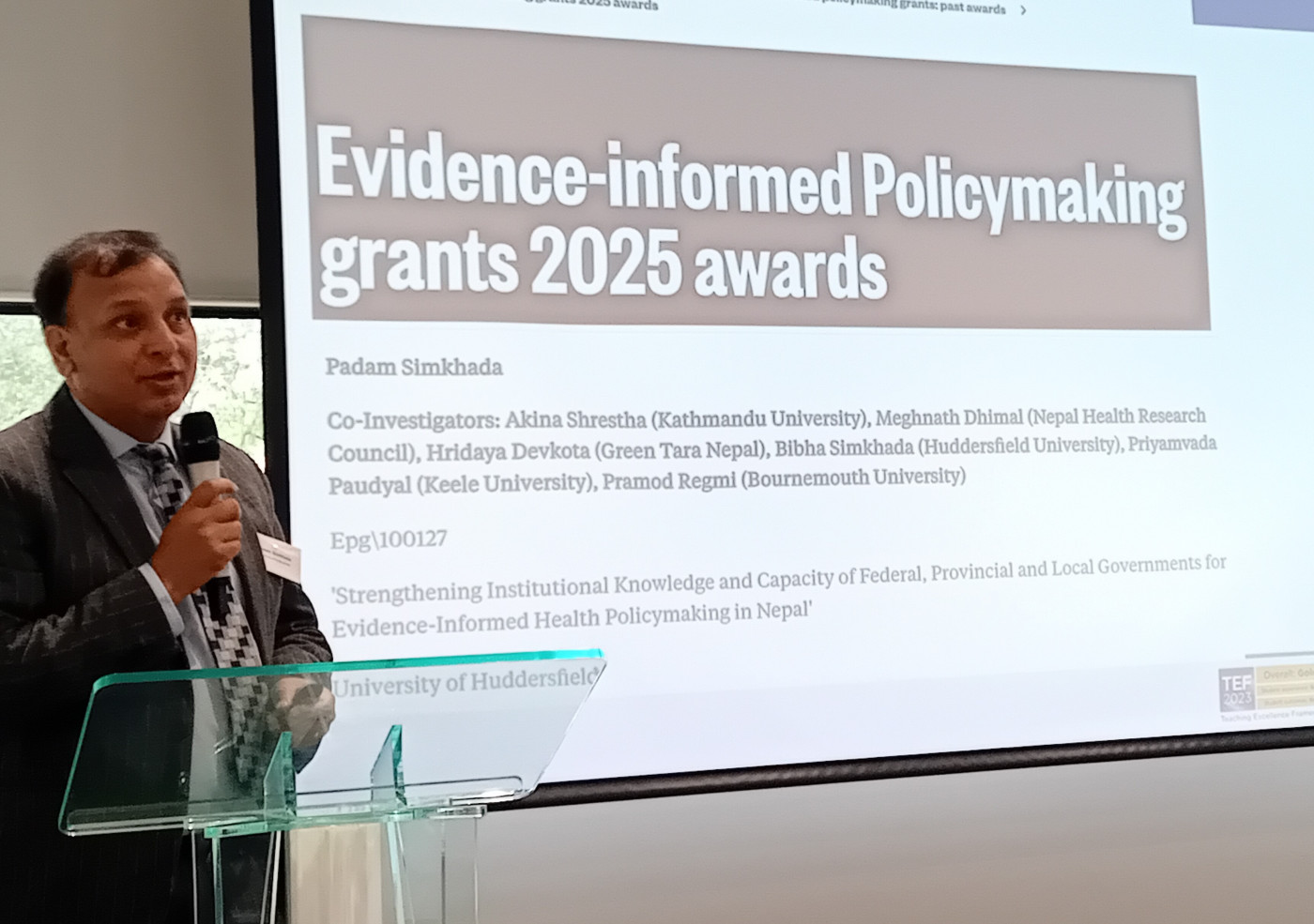
References:
- Shanker, S., Wasti, S.P., Ireland, J., Regmi, P., Simkhada, P., van Teijlingen, E. (2021) The Interdisciplinary Team Not the Interdisciplinarist: Reflections on Interdisciplinary Research, Europasian Journal of Medical Sciences 3(2): 1-5. https://doi.org/10.46405/ejms.v3i2.317
- van Teijlingen, E., Regmi, P., Adhikary, P., Aryal, N., Simkhada, P. (2019). Interdisciplinary Research in Public Health: Not quite straightforward. Health Prospect, 18(1), 4-7. https://doi.org/10.3126/hprospect.v18i1.19337
- Wasti, S. P., van Teijlingen, E., Simkhada, P. (2020) Public Health is truly interdisciplinary. Journal of Manmohan Memorial Institute of Health Sciences, 6(1):21-22.
- Harvey, O., van Teijlingen, A., Regmi, P.R., Ireland, J., Rijal, A., van Teijlingen, E.R. (2022) Co-authors, colleagues, and contributors: Complexities in collaboration and sharing lessons on academic writing, Health Prospect 21(1):1-3. https://www.nepjol.info/index.php/HPROSPECT/article/view/39320/31432
- Hundley, V., Luce, A., Simkhada, P., van Teijlingen, E. (2022) Collaborative Writing for Publication, In: Wasti, S.P., et al. (Eds.) Academic Writing and Publishing in Health & Social Sciences, Kathmandu, Nepal: Himal Books: 15-19.
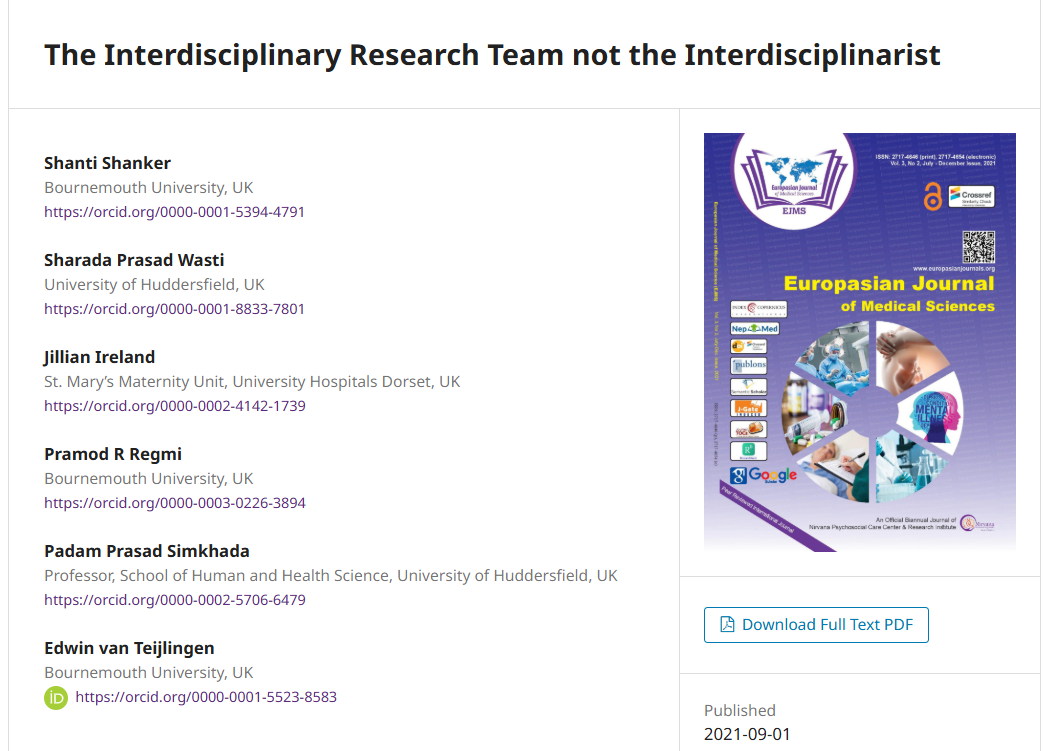
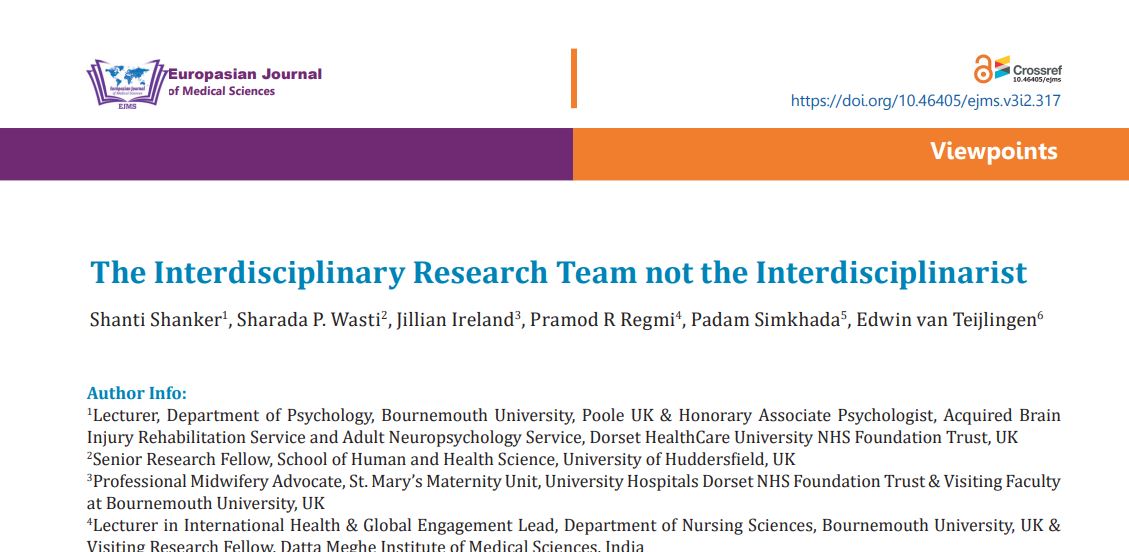

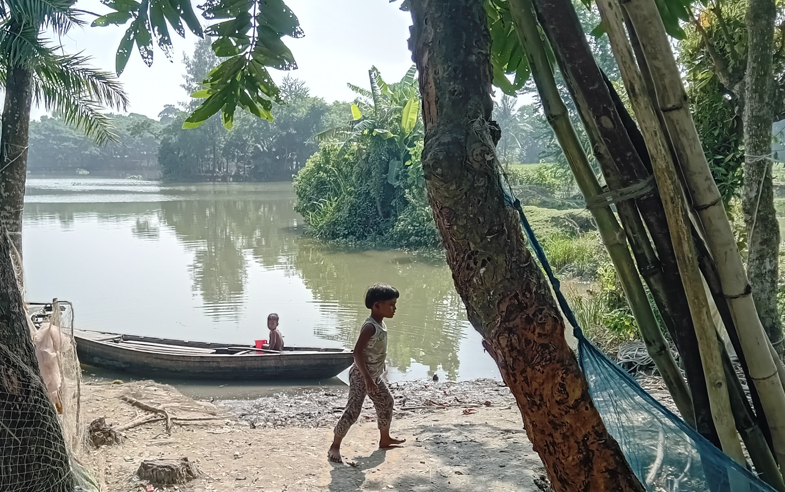
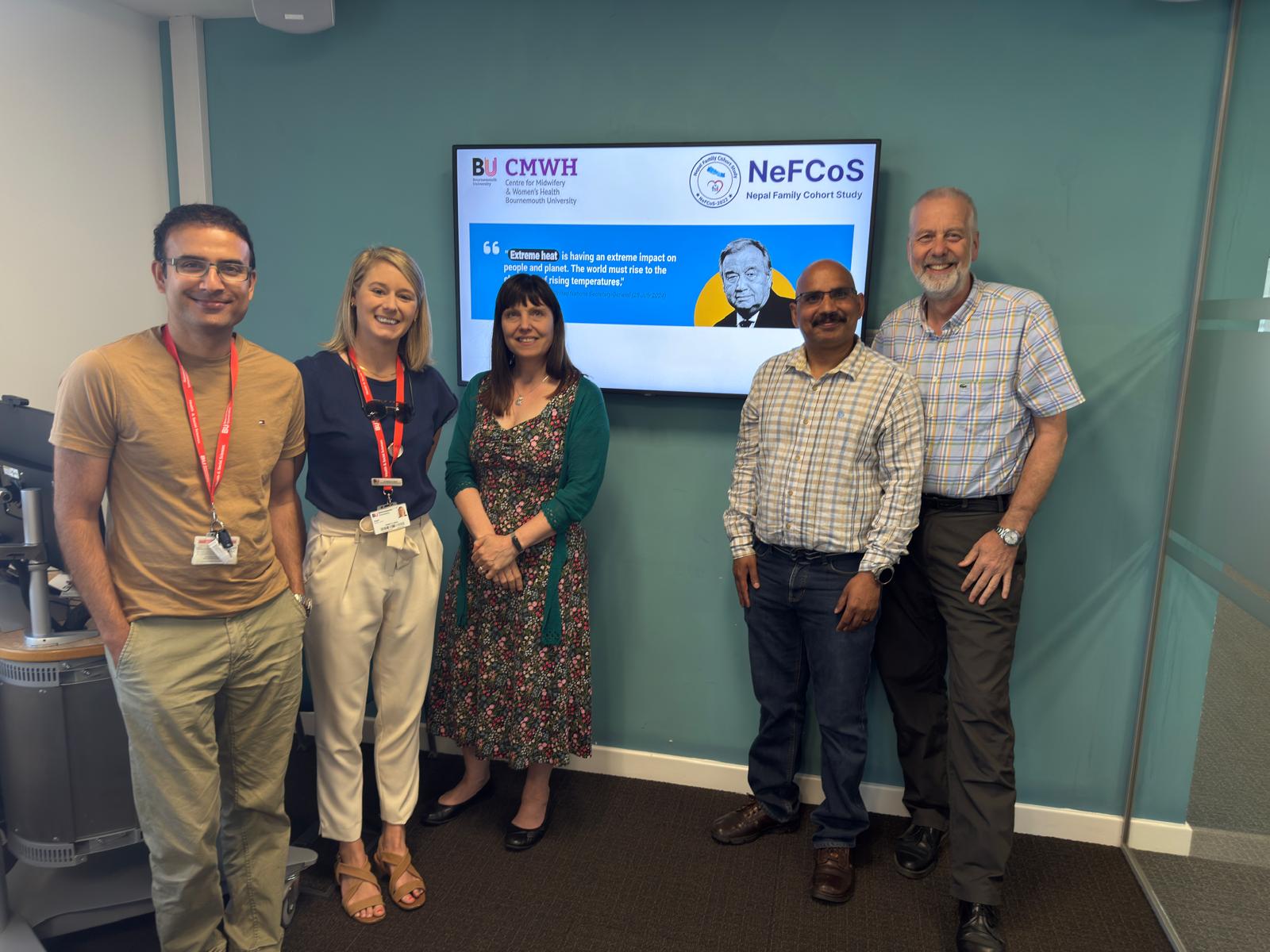
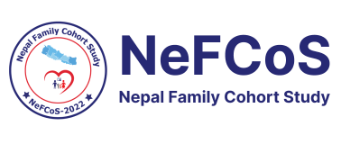
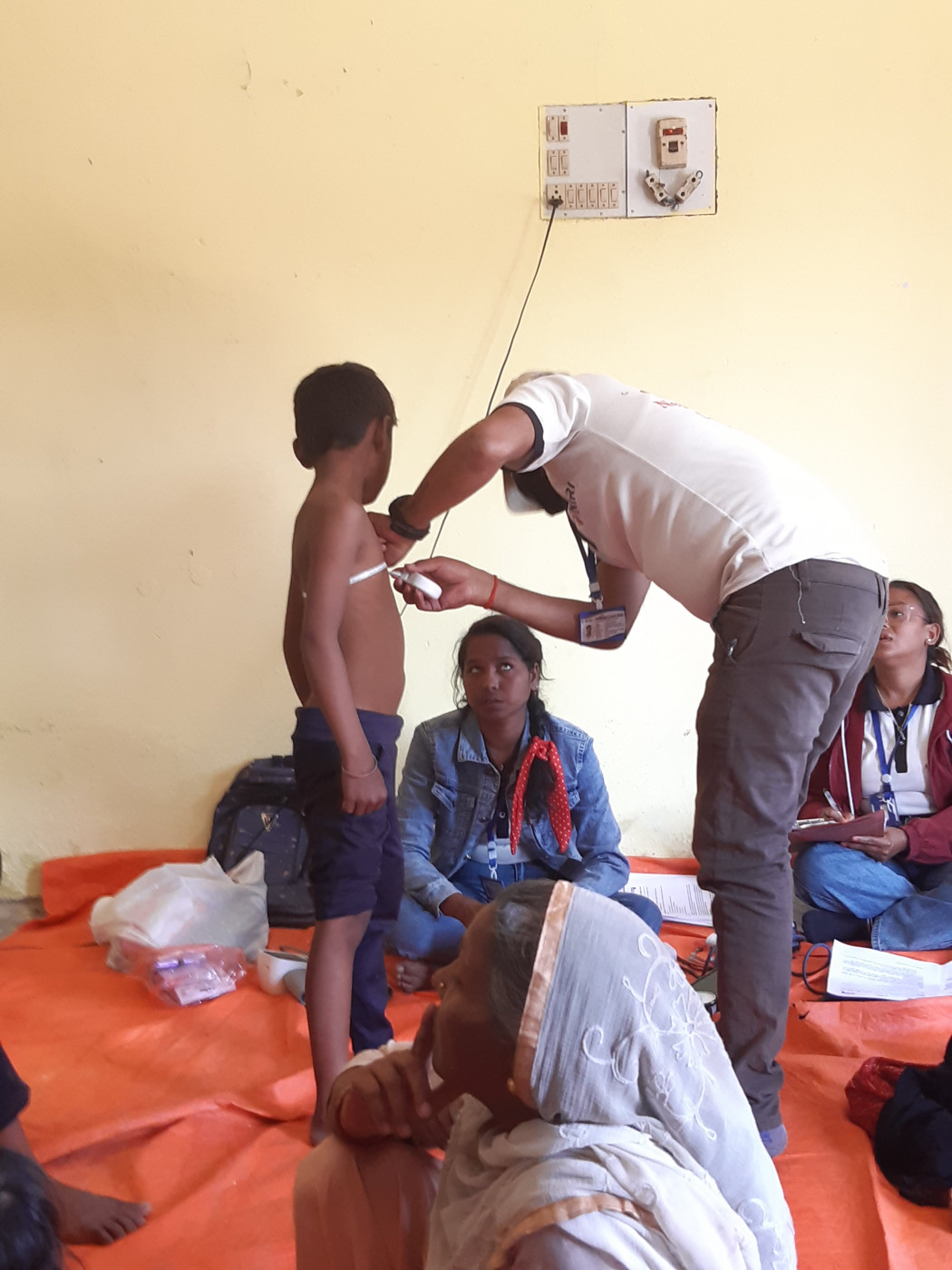
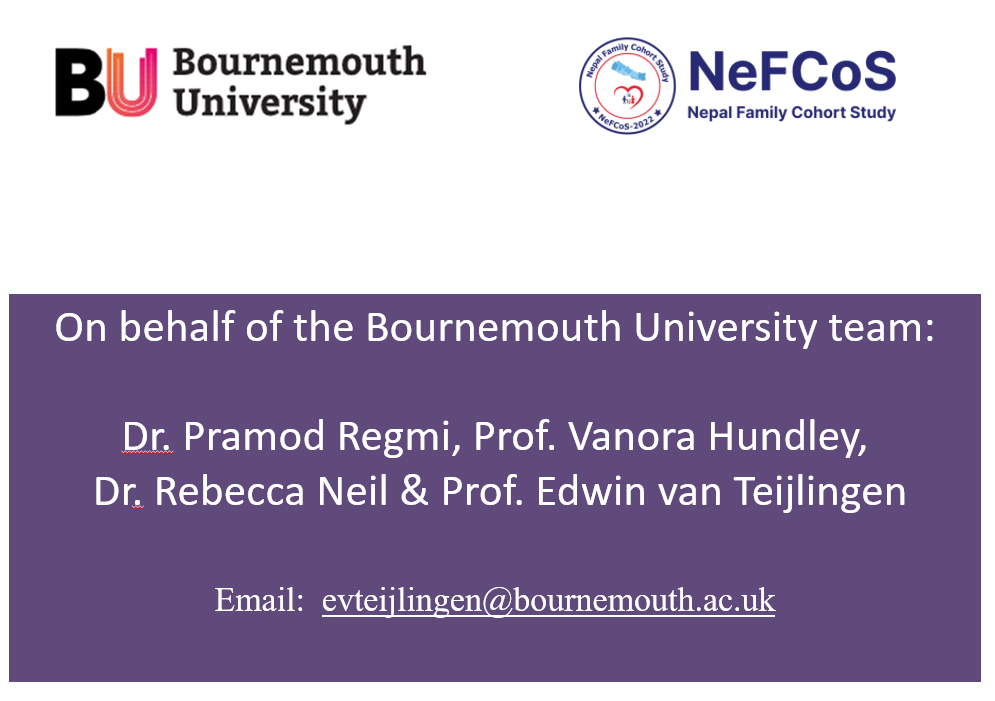
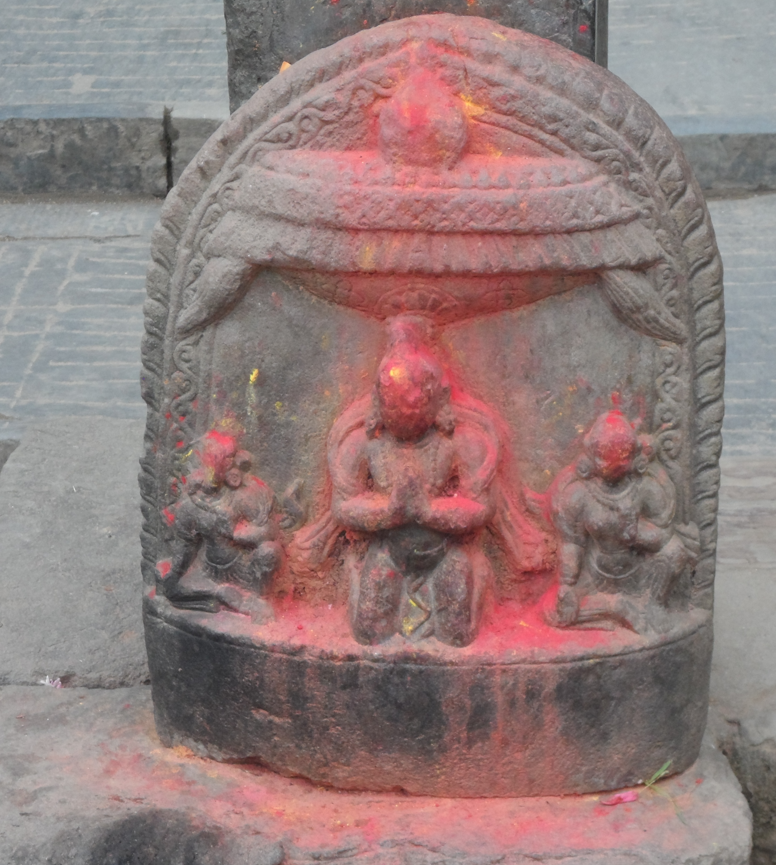
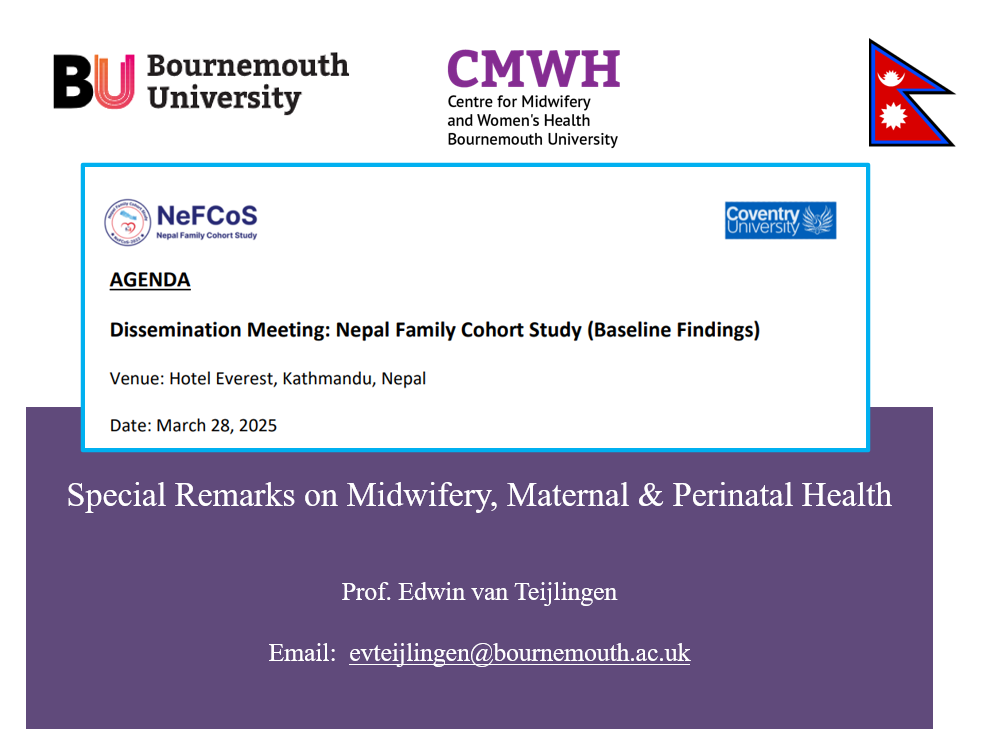

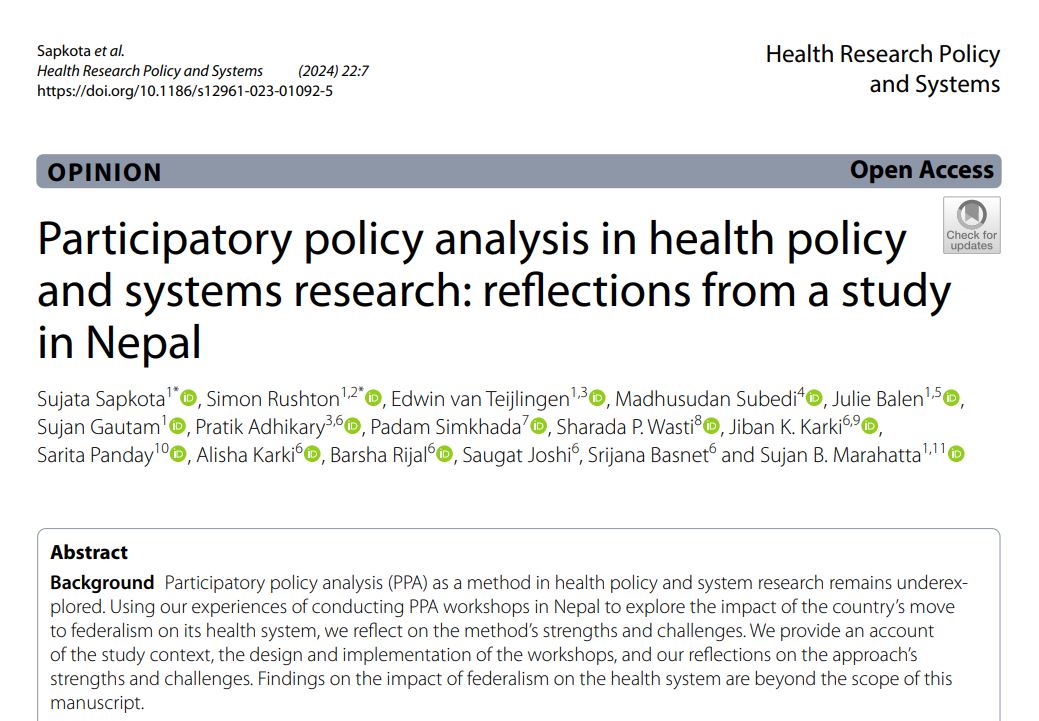



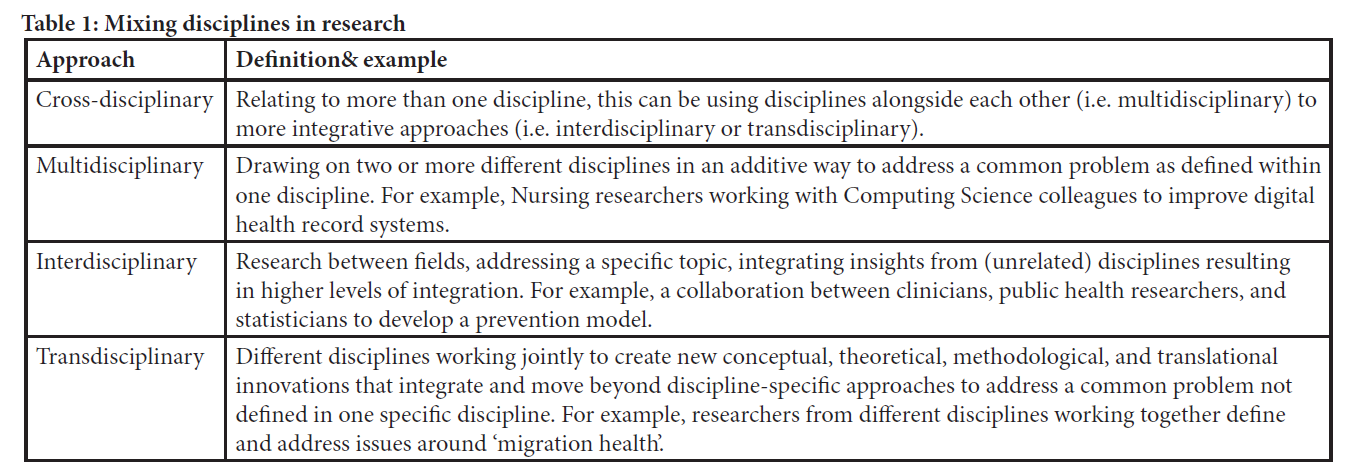
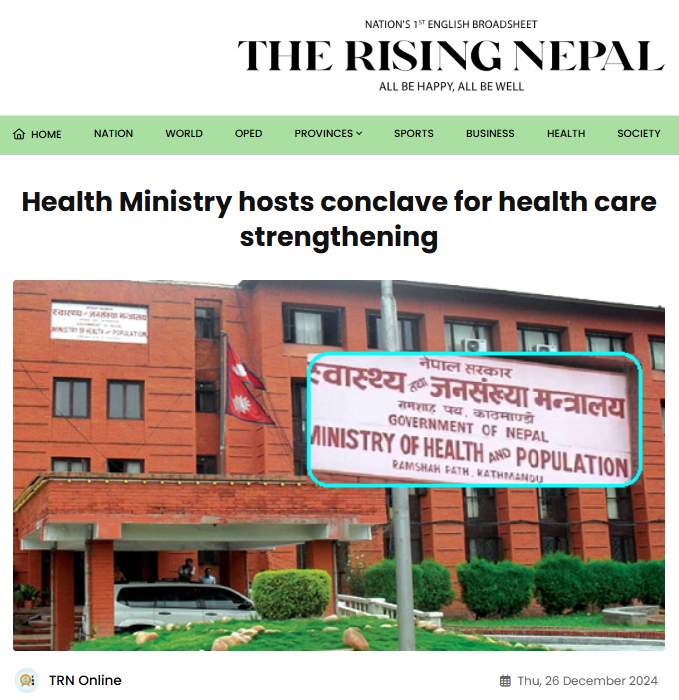
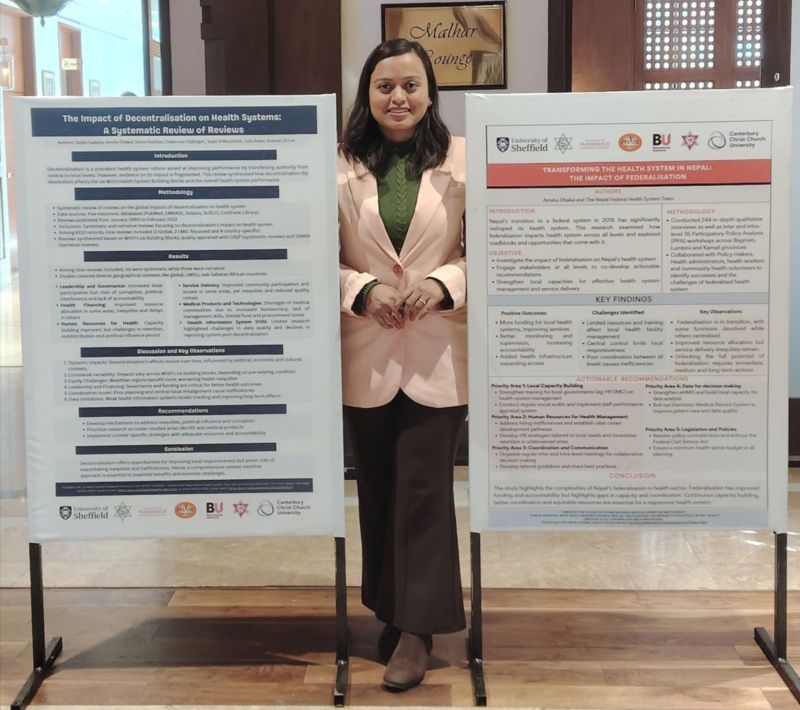




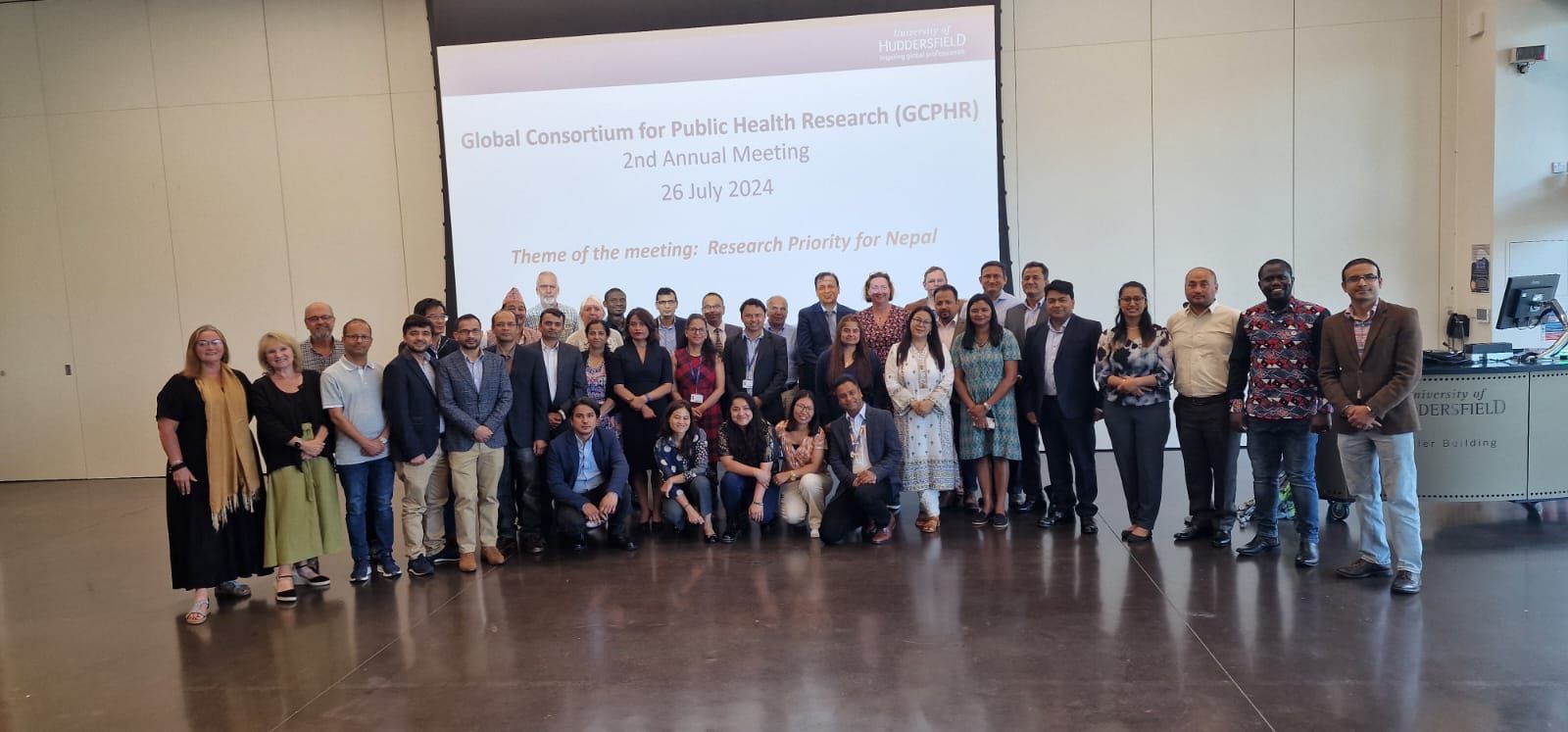
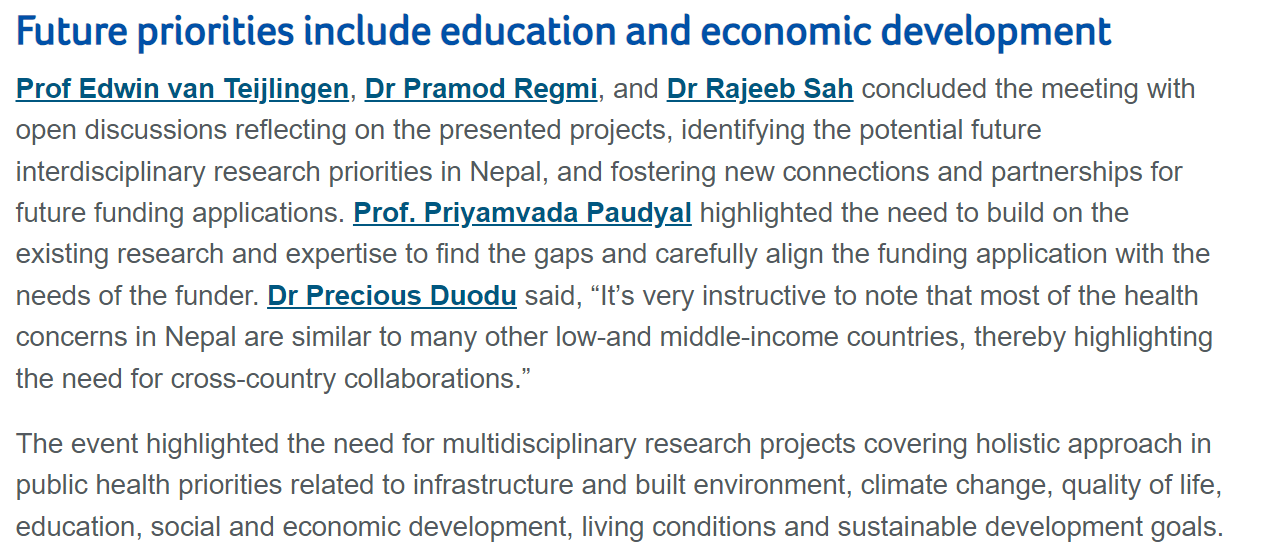
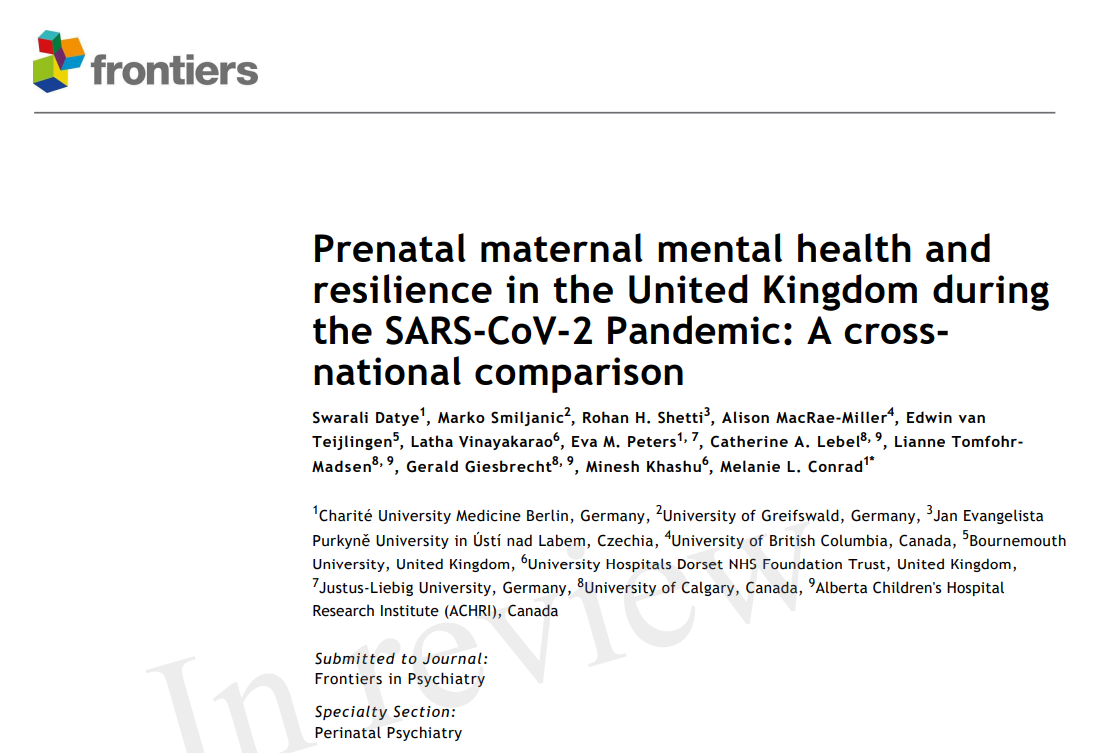

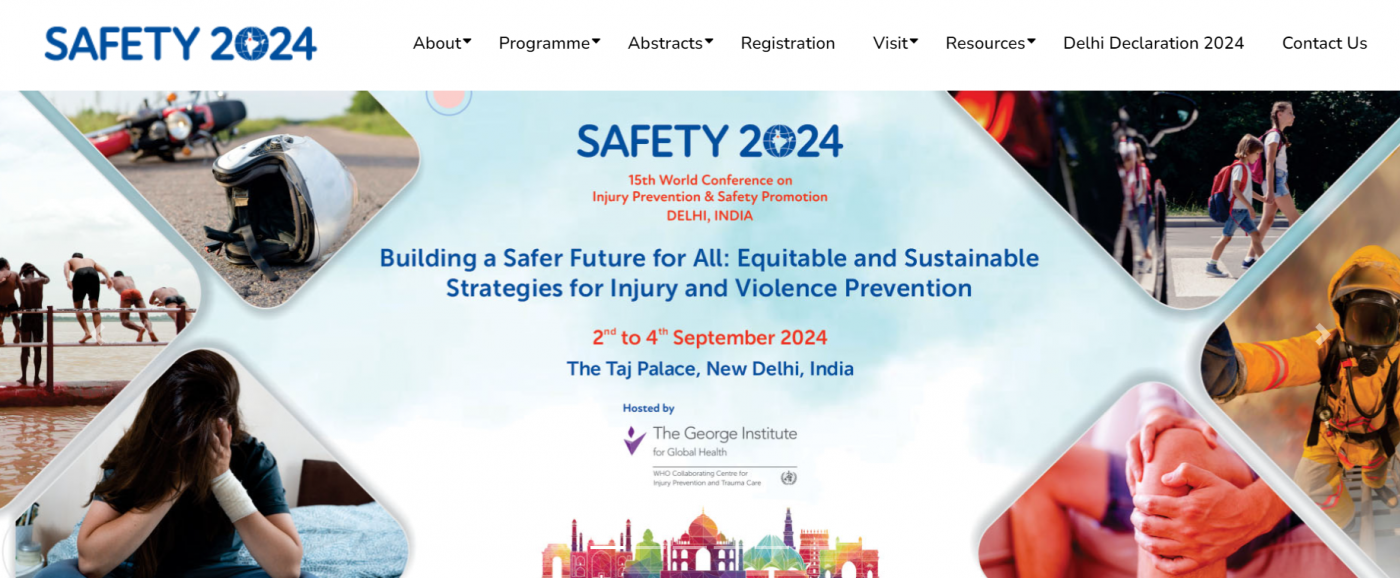

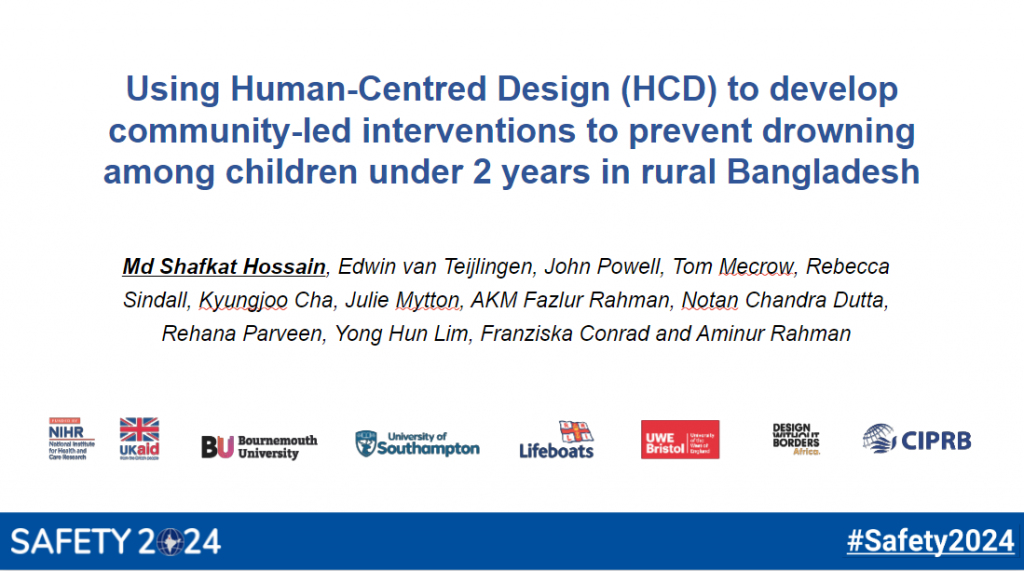


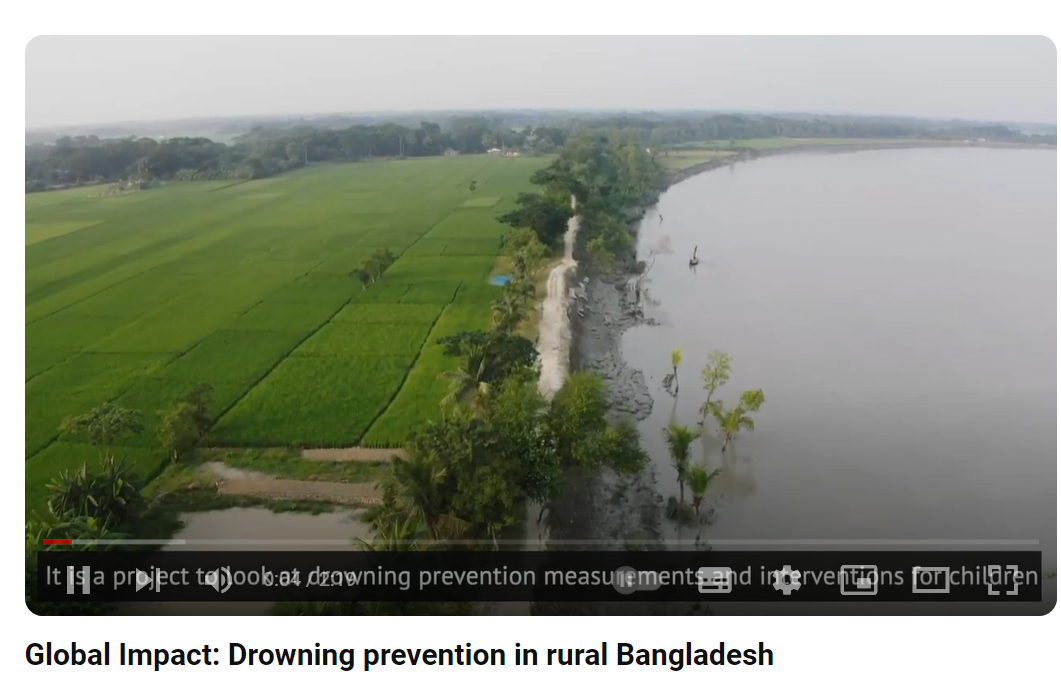

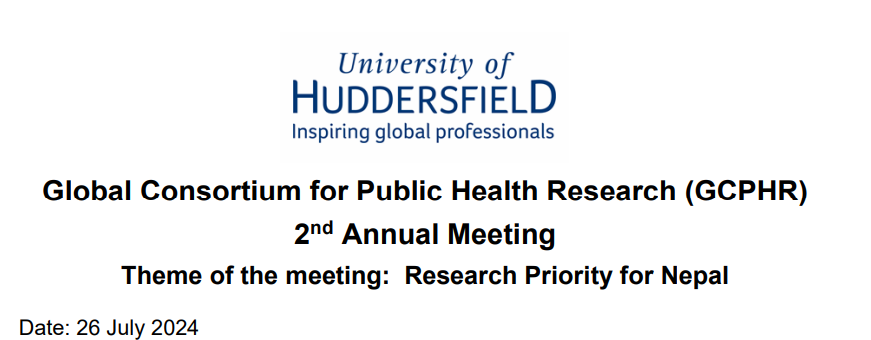
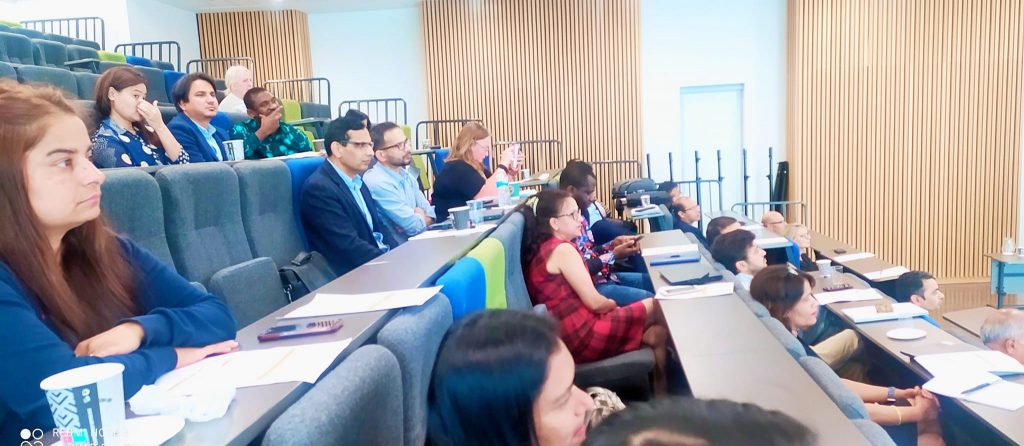



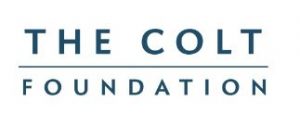
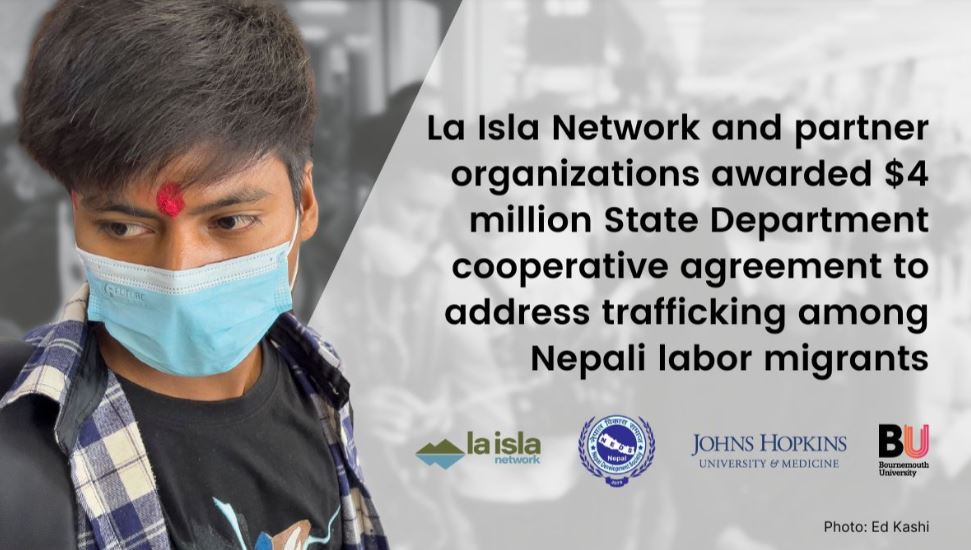












 Dr. Ashraf cited on ‘Modest Fashion’ in The Guardian
Dr. Ashraf cited on ‘Modest Fashion’ in The Guardian NIHR-funded research launches website
NIHR-funded research launches website Academics write for newspaper in Nepal
Academics write for newspaper in Nepal New paper published on disability in women & girls
New paper published on disability in women & girls MSCA Postdoctoral Fellowships 2025 Call
MSCA Postdoctoral Fellowships 2025 Call ERC Advanced Grant 2025 Webinar
ERC Advanced Grant 2025 Webinar Horizon Europe Work Programme 2025 Published
Horizon Europe Work Programme 2025 Published Horizon Europe 2025 Work Programme pre-Published
Horizon Europe 2025 Work Programme pre-Published Update on UKRO services
Update on UKRO services European research project exploring use of ‘virtual twins’ to better manage metabolic associated fatty liver disease
European research project exploring use of ‘virtual twins’ to better manage metabolic associated fatty liver disease